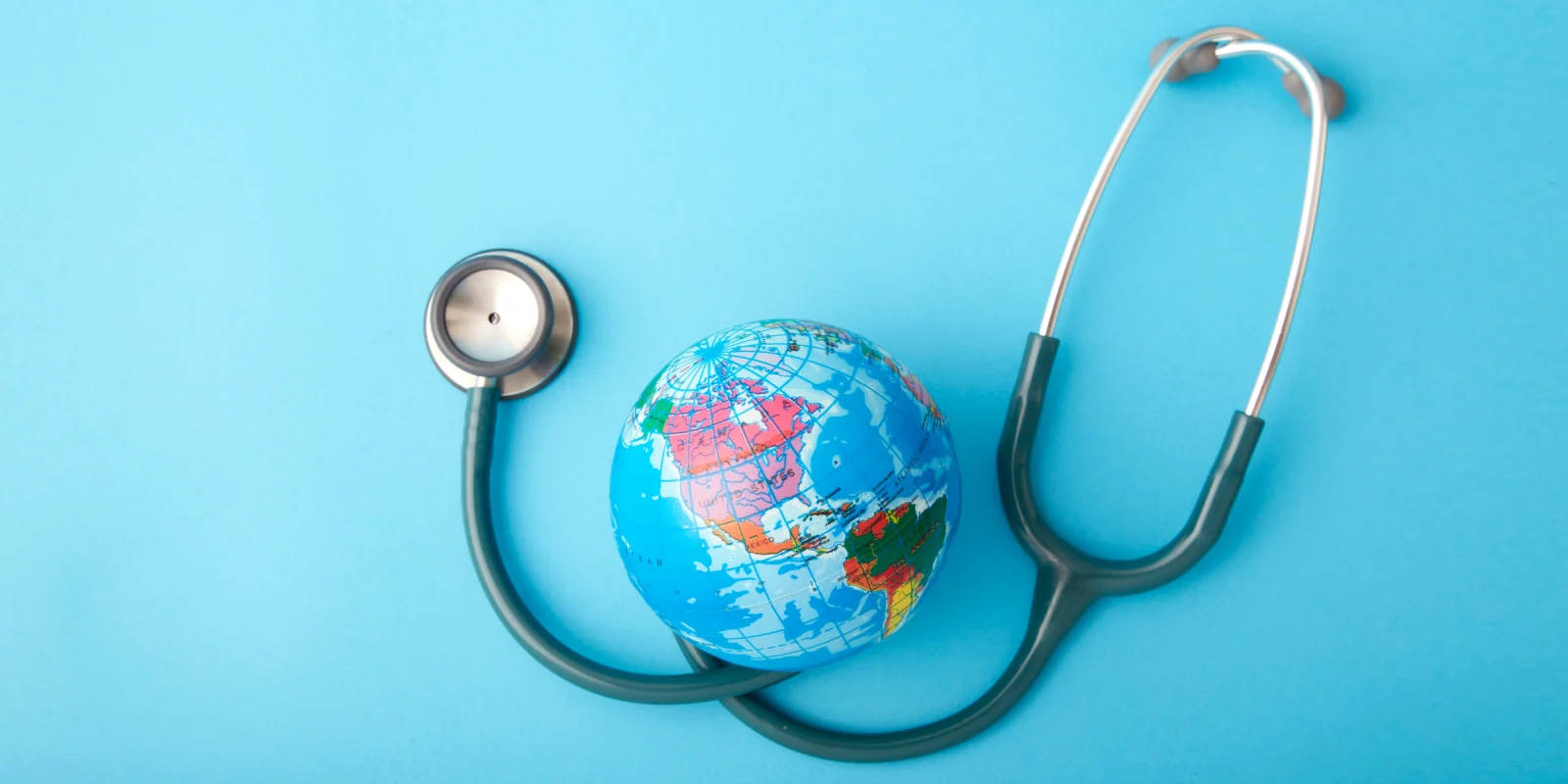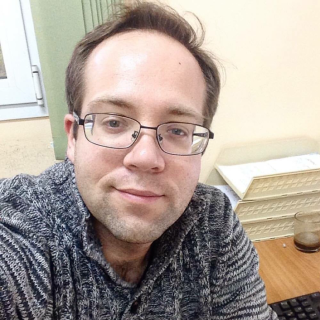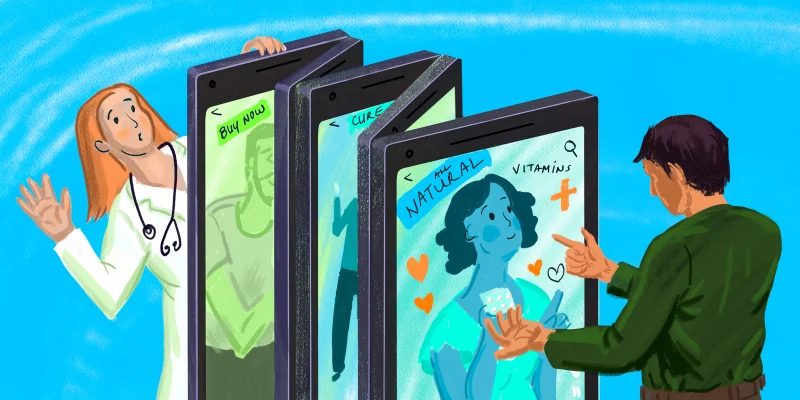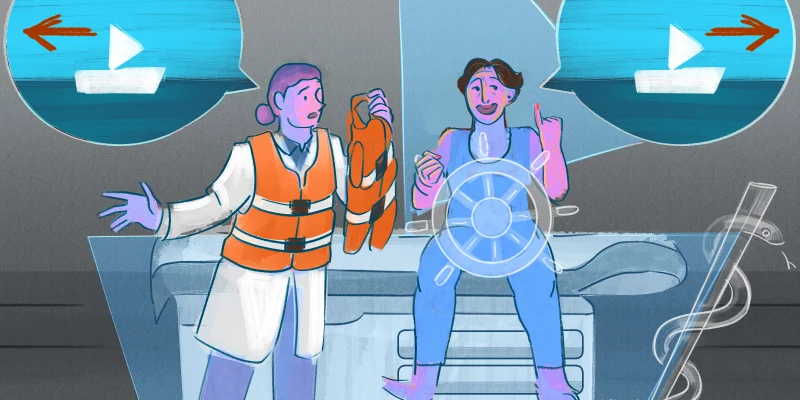It was somewhere around my second year of medical school that I started looking into doing my specialty training in the U.S. I looked at websites with big names: Yale, Harvard, NYU. I wasn’t sure yet what type of doctor I wanted to be, but I was thinking about psychiatry even then. It was stimulating to read about the curriculum options offered by different programs. It took me 10 more years between graduating medical school, getting married, having a baby, and changing my mind twice about what I wanted to be until I actually did it: I moved to the U.S. and specialized in psychiatry.
The idea of professional medical immigration was almost magical when I was considering it. America, the place where you can be all you can be, where dreams come true. There are many reasons why people immigrate — for some, it's about survival; for others, it’s about following someone they love. For most of us, it’s a complex process with multiple psychological factors in play.
Every big change in our life creates a challenge to our psyche. We all have different ways to cope, ways we’ve adapted to meet challenges (for better or worse). For a doctor, the challenge of immigrating is unique, especially when most doctors already have some clinical experience in their country of origin and are in a different stage of their personal life (older, often married, and/or have children). And, there are different ways to look at the process of immigration. Most psychodynamic literature is focused on the general immigrant but, as we all know, doctors are not exactly your typical general population.
Moving to a new country is a complicated challenge. New culture, new people, new language, new views, new money — almost everything is new and unfamiliar. Just like a baby meeting the world for the first time, it's confusing, it’s anxiety-provoking.
So, how do we cope?
We split. We look at things through two extremes. We idealize or devalue. Meaning, we either de-value what we left or idealize the place we have arrived.
How does that look for the physician?
From my own experience, I left Israel, a place with poor public medicine. I often found myself devaluating the facilities and access to services available in Israel, and idealizing American professionalism.
Of course, the reverse also happens: we idealize what we left and de-value our new environment.
I remember how during night floats in the U.S., I would fixate on romantic memories of myself, walking from one side of my Israeli state hospital, which was located near orchards, to the other side, passing by a flock of cats eating their breakfast outside the hospital’s dining room.
In Israel, I was a young but well-liked resident; I felt very competent and welcome from the start. In the U.S., I was a foreign, older resident with an accent, and no one knew me from previous experiences. The immigrant doctor has to manage the tension between the medical culture he comes from and the one he’s coming to.
From today’s perspective, I still have fond memories of the state hospital, but I also remember how exhausted I was every time I took that “romantic” walk, which occurred at 5 a.m., after not sleeping for 24 hours.
In the U.S., I’ve had to navigate a new system in which almost everything is different. The challenge was to find a comfortable identity in my new place — and getting comfortable with missing my old identity and building my new one.
For me, I managed the tension by keeping in touch with residents I worked with in Israel, telling them about what’s different in the U.S., and staying abreast of how things were going for them. I also kept in touch with mentors, and forged connections with attendings and residents who were also immigrants. I also took my old stethoscope, the one I hardly use as a psychiatrist, but it felt good carrying it in my bag.
Gradually, new memories formed. The new became not-so-new, and I no longer drew distinctions in my mind: “Isreali” versus “American,” “mine” versus “theirs.” Gradually new memories form, the new is not so foreign and the experiences are no longer here or there, mine or theirs. Everything became more integrated and more familiar, the new social and medical culture enriched my experience as an immigrant doctor — one who has successfully transitioned.
How have you successfully transitioned from one context to another? Share your experiences in the comments.
Dr. Yehonatan Shilo is a psychiatrist with an international perspective on health care. He completed his education in Italy and has practiced medicine and psychiatry in Israel and the United States. He has special interests in underserved populations, health care policy and psychotherapy. He is a 2020–2021 Doximity Op-Med Fellow.
Image: 1981 Rustic Studio kan / shutterstock







